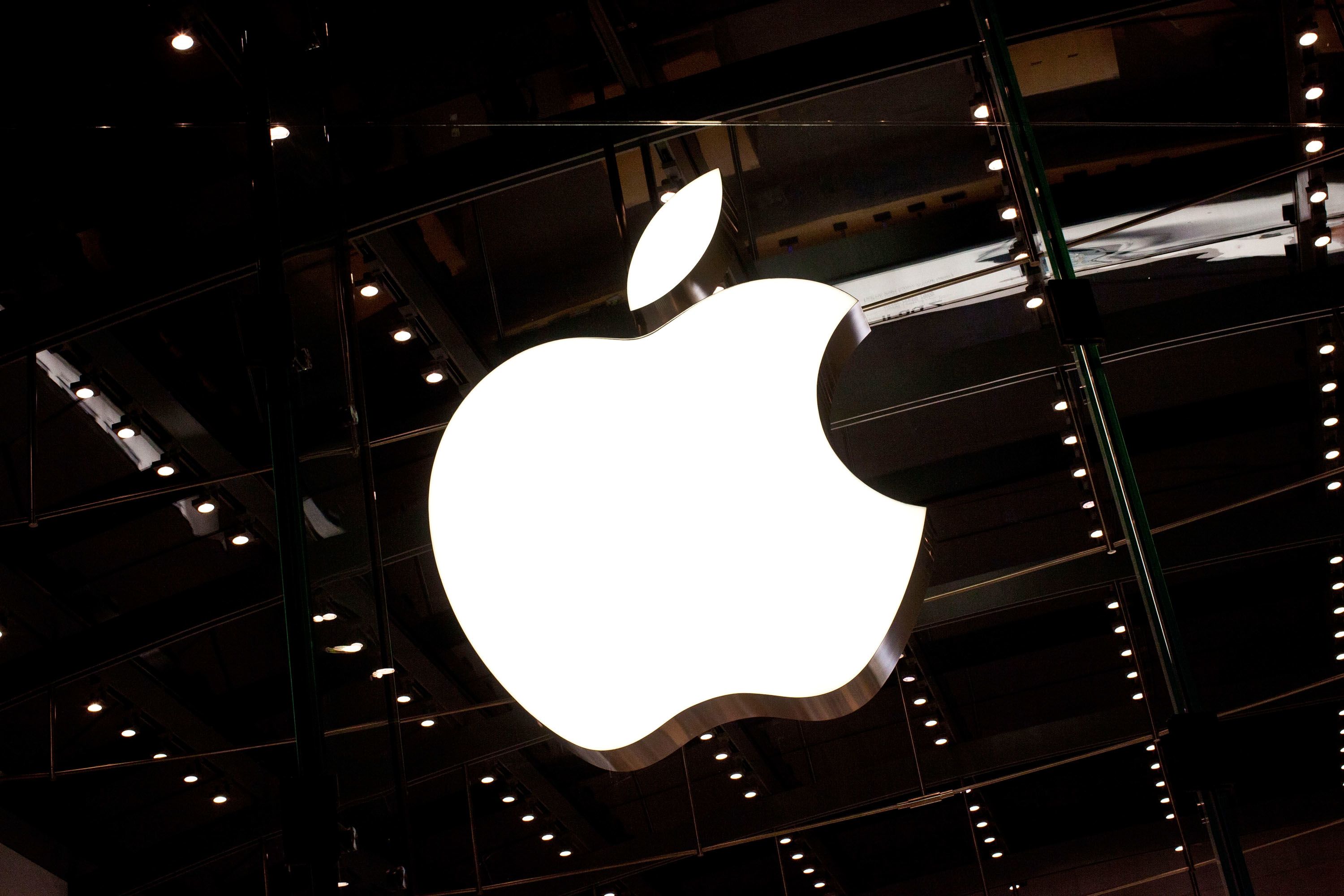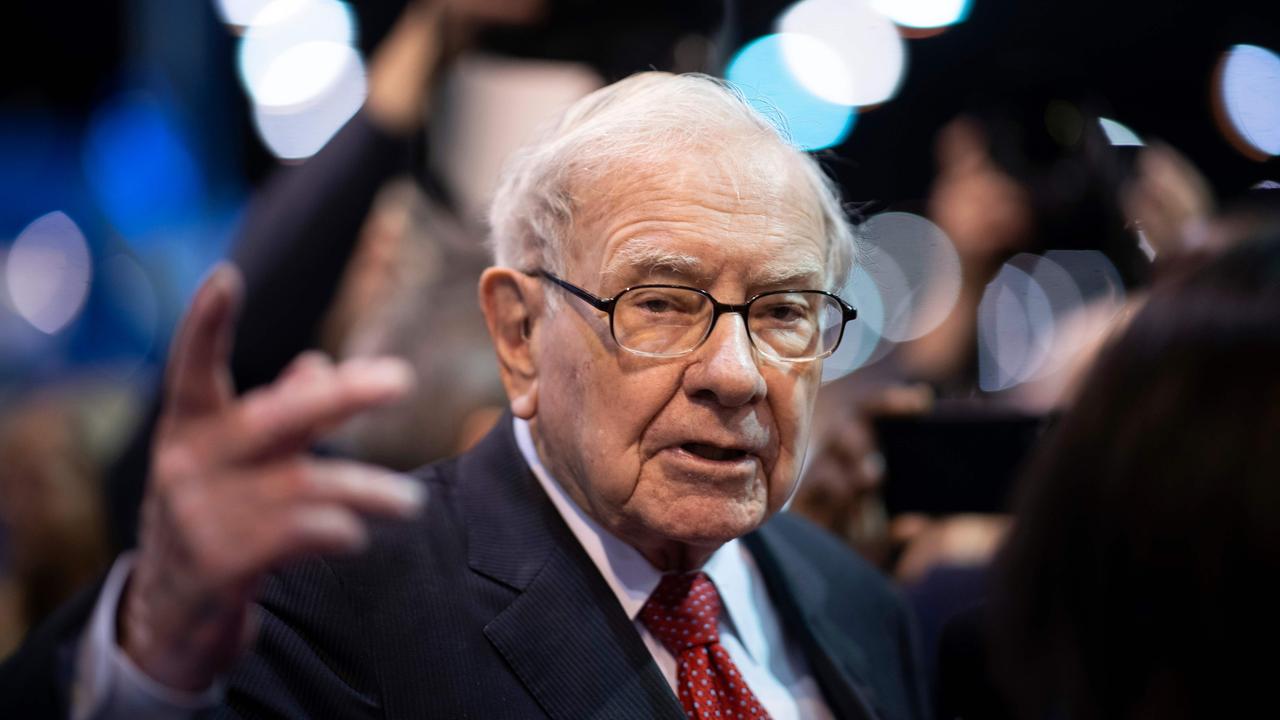According to CNBC on Saturday (Nov. 2), Warren Buffett’s Berkshire Hathaway held $69.9 billion worth of Apple shares as of the end of September, based on its latest earnings report. This implies that Buffett sold around a quarter of his stake, leaving about 300 million Apple shares remaining. Altogether, Berkshire’s stake in Apple has dropped 67.2% since the close of the third quarter in 2023.
Here's ads banner inside a post
Buffett began unloading his shares in the tech giant during the closing quarter of last year, continuing this trend with the surprise sale of nearly half his holdings earlier this year. Previously, he stated that his decision to sell was linked to avoiding a higher tax bill if tax rates were to increase to address the U.S. deficit.
“It doesn’t bother me in the least to write that check, and I would really hope that with all America has done for us, it shouldn’t bother you that we’re doing it. If I’m paying 21% this year and a little more in the future, I don’t think you’ll mind that we sold a bit of Apple this year,” Buffett shared.
As CNBC noted, it remains unclear what specifically prompted the ongoing sell-off, though analysts and shareholders believe it may be due to Apple’s high valuation and the need to manage portfolio concentration. Previously, Berkshire’s Apple stake was so large that it made up nearly 50% of the company’s equity portfolio.
Here's ads banner inside a post
Buffett’s Strategic Move and Portfolio Management
As a veteran and cautious investor, Warren Buffett often favors businesses with sustainable competitive advantages, strong growth prospects, and long-term profitability. However, the sale of a substantial amount of Apple shares, especially when the company remains stable and a leader in technology, surprised many. Some experts speculate that Buffett may be concerned about Apple’s high stock price, which presents significant risks to his portfolio.
Reducing the weight of Apple shares in the portfolio may also be part of Berkshire Hathaway’s risk management strategy. Previously, Apple stock made up almost 50% of Berkshire’s portfolio, creating considerable risk if the stock price were to fluctuate. By selling off some of the holdings, Buffett may be realigning his portfolio to mitigate potential impacts from volatility in the tech market.
Here's ads banner inside a post
Apple and the Artificial Intelligence (AI) Race
Meanwhile, Apple’s stock price recently declined due to investor concerns over the company’s AI feature rollout. During its earnings call on Thursday (Oct. 31), Apple outlined its AI strategy, which includes plans for integrating ChatGPT and expanding language support for Apple Intelligence in December, according to PYMNTS.
This latest effort by Apple is aimed at establishing a presence in the AI field, where competitors like Microsoft, Google, and OpenAI already hold strong positions. Analysts believe that Apple’s AI feature rollout could be a major step forward, challenging the notion that it has fallen behind in the AI race.
Steven Athwal, CEO of The Big Phone Store, shared with PYMNTS, “Apple may be late to the AI surge compared to Google and Amazon, who have been integrating AI into products for years. But Apple has always emphasized timing and refinement. While others rushed to release the latest AI tech, Apple focused on privacy, security, and user experience.”
Apple’s Future and Upcoming Challenges
For Apple, Buffett’s stock sell-off may indicate the increasing pressure and expectations on the company, especially as competitors ramp up AI integration into their products. Apple has previously led in setting technology trends, from product design to user experience. However, the AI race poses significant challenges, requiring Apple to adapt swiftly to avoid being left behind.
While Apple is highly regarded for its product quality and customer loyalty, competition in the AI sector could be a decisive factor in maintaining its position in the coming years. Investors will continue to closely monitor Apple’s actions to assess its ability to retain its competitive edge in an increasingly complex and volatile market.
With Buffett’s shift in investment strategy, fierce competition in the AI field, and the mounting pressures facing Apple, the tech giant’s future has entered a pivotal phase. While Buffett continues to reduce Berkshire Hathaway’s stake in Apple, this decision may reflect more than tax or portfolio management—it may also signify how he views the market and upcoming trends.
For investors and tech enthusiasts, these developments could signal that significant changes are underway. Whatever the outcome, Apple still has a long road ahead to prove that it is not only a leader in hardware products but can also become a pioneer in AI—a factor that will define the position of tech companies in the next decade.




